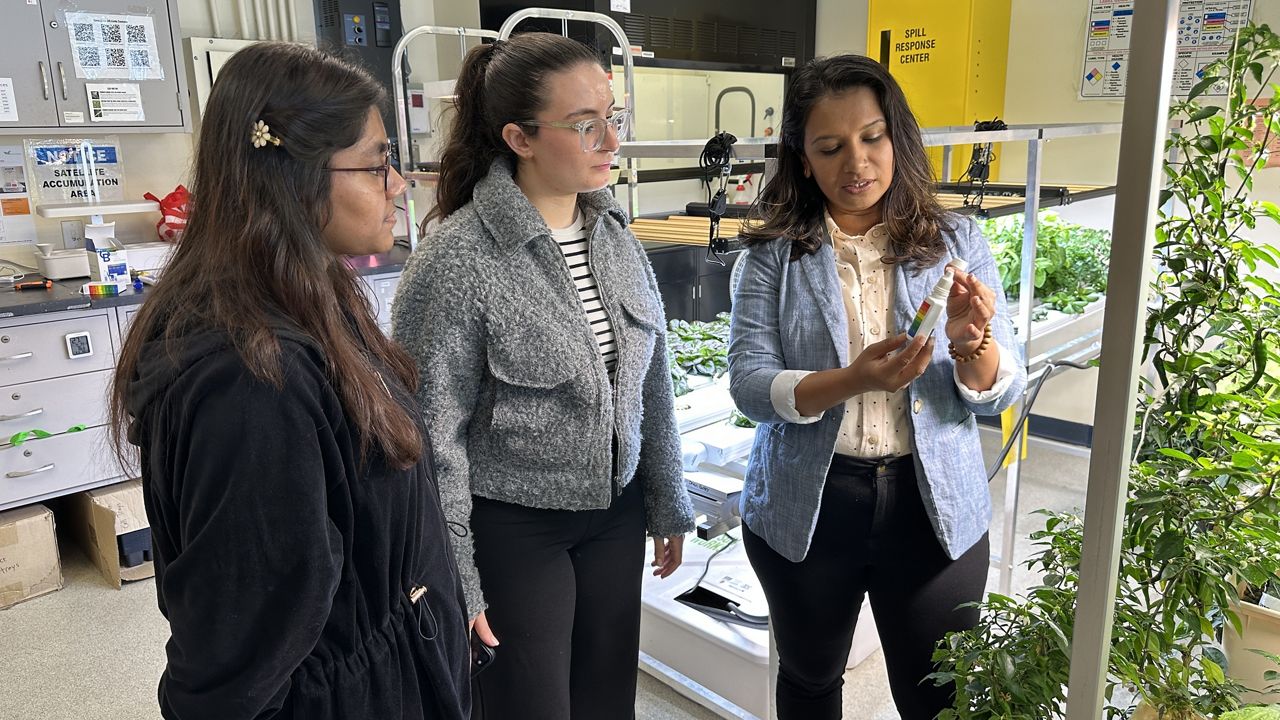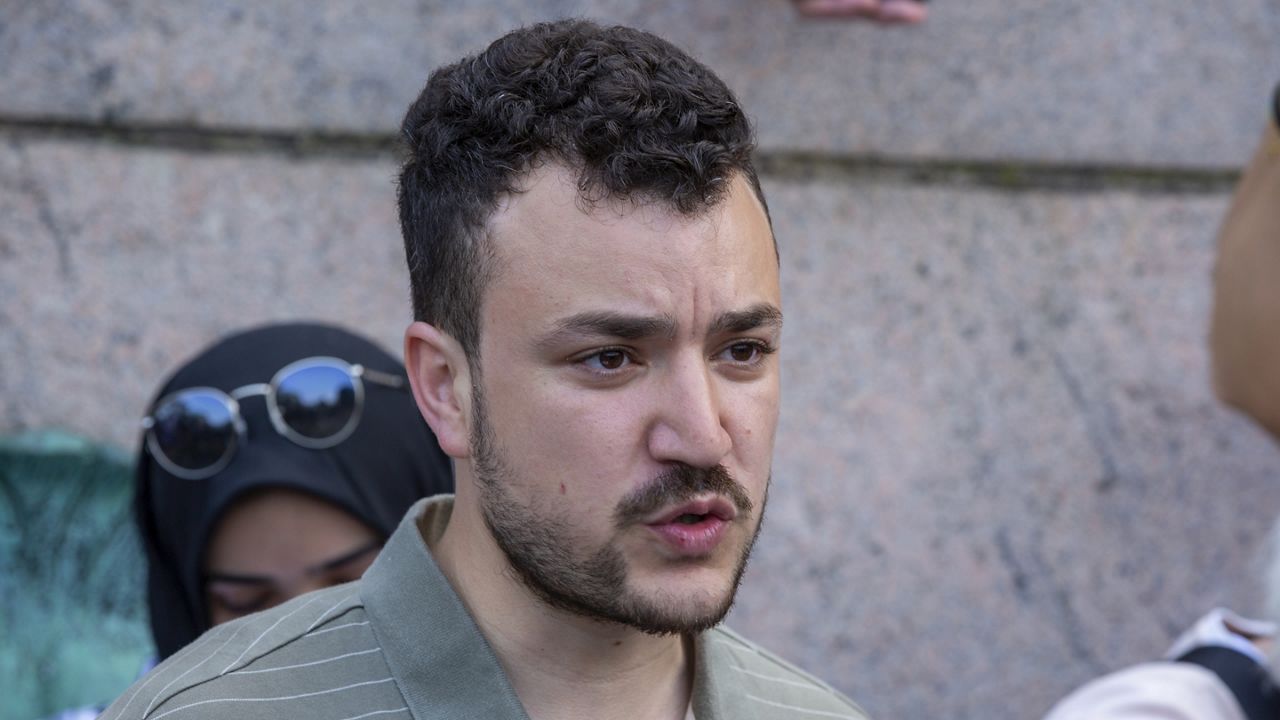Inside Brooklyn Technical High School’s robotics lab, students work on laptops and create objects with 3D printers. But there are also little pieces of technology that date back to when the school was founded a century ago.
“This is original to the school. It bends sheet metal and it still bends sheet metal,” principal David Newman said.
January will mark 100 years since Brooklyn Tech received its charter to open as a school. Since its first graduating class back in 1923, it's grown into a powerhouse of public education.
Ten years after its founding, Brooklyn Tech moved to a massive building meant to serve 6,000 students.
“It is a magical place, and I don't think it can be recreated today,” Newman said.
When it opened, the school offered students five majors. Now, it offers 18 majors, from mechatronics and robotics to media communications and environmental science.
It's one way the school has adapted to keep up with its name.
Mathew Mandery is a former principal, and graduated from the school himself in 1961.
“When Brooklyn Tech opened its doors, it was cutting edge, and it was cutting edge in a very different world,” Mandery, chief educational officer at the Brooklyn Tech Alumni Foundation, said.
Mandery and other students had classes in a space called the Foundry, where they poured molten metal into molds made of sand.
But, as times changed, the Foundry closed and has since been used as a storage space. The school’s alumni foundation is hoping to help change that, raising funds to repurpose the space.
“The idea we have for this space is to be utilized as a space for students to do research, to study, to use as an expanded library experience,” Newman said.
A school that serves this many students has a massive network of alumni, many of whom will celebrate their alma mater at events this year.
Current school president Jediah Thomas, who commutes two hours from the Bronx every morning to attend Brooklyn Tech, was tasked with speaking to some of them at a gala. Thomas has been reflecting on what makes the school so special to so many people.
“That nature and that environment that's supportive but also allows us to be individuals and learn about ourselves is kind of — it's the next level of education,” Thomas said.








_Dnt_Budget_-_PS_Cell_Phone_Ban_Clean)
_CGPK_CUNY_Student_Protest_Encampents_2025_CG_134055132_345)